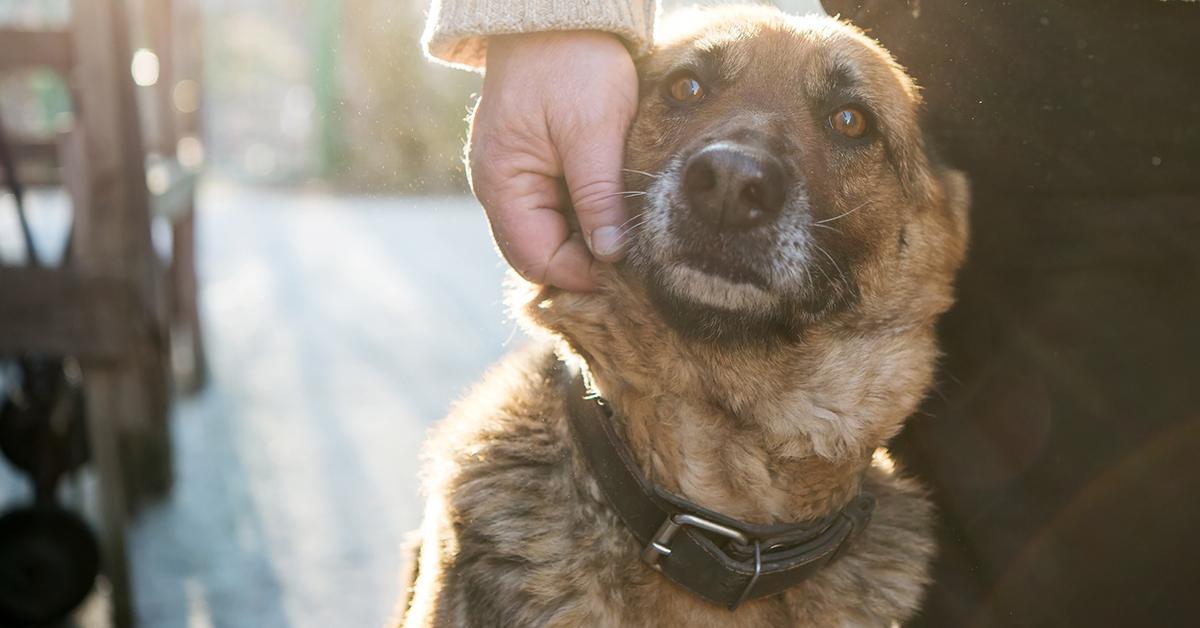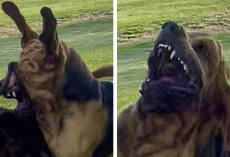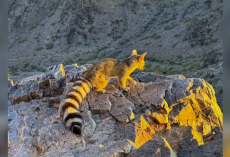If acts of disrespect, murder, threat, and other are punishable by law when humans are affected, why wouldn’t it be the same when animals’ life is in question.
Throughout the years, bills asking to address animal ab*se have been passed on both state and federal levels, but this issue is still open.
One such bill aimed at stopping the creation and distribution of videos depicting animal torture which was signed by President Obama back in 2010. This was a huge leap towards animal safety, but that law doesn’t cover the underlying acts of animal cruelty.
This time, representatives Ted Deutch, a democrat, and Vern Buchanana, a republican are introducing a new bill, Preventing Animal Cruelty and Torture (PACT) Act, that asks animal cruelty to be considered and treated as a felony nationwide.
They’ve said, “We’ve acted in the past to stop the horrific trend of animal abuse videos. Now it’s time to make the underlying acts of cruelty a crime as well.”
What they are trying to achieve is “commonsense, bipartisan legislation to bring some compassion to our animal laws,” and ask for the animal ab*sers to be charged for their crime to the fullest extent, which includes serving up to 7 years of jail time.
When the PACT Act was first introduced to lawmakers and passed by the U.S Senate it earned significant number of endorsements but was blocked by the Judiciary Chairman Bob Goodlatte, who is no longer part of the Congress.
Sara Amundson, President of the Humane Society Legislative Fund, told the Sentinel how she’s glad this bill is passed again, and she now hopes it will be fully accepted and integrated into the law system.
“Decades ago, the Federal Bureau of Investigation recognized the seriousness of animal cruelty and its link to escalating violence toward humans,” she explained.
This means that if PACT Act passes, it will protect the community and its people from many forms of violence.
The Animal Welfare Institute lists the following cases that won’t be affected by the bill: normal veterinary or husbandry practices, hunting, trapping, fishing, predator or pest control, medical or scientific research, actions to protect human life or property from serious threat.











